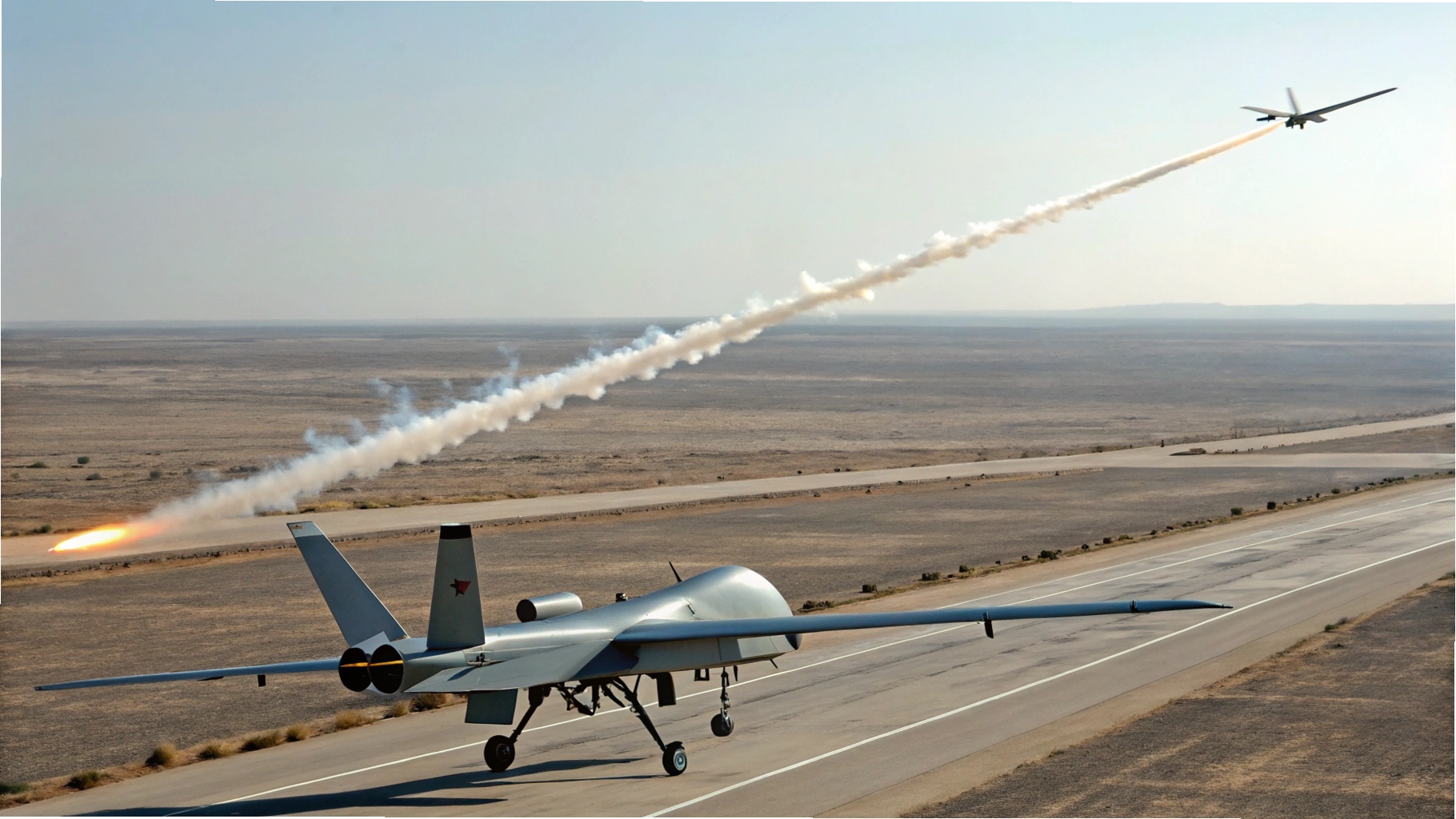
Japan’s Ministry of Defense has awarded Mitsubishi Heavy Industries two major production contracts aimed at boosting the nation’s long-range strike and anti-ship capabilities in response to mounting regional security pressures. One contract funds mass production of a torpedo-tube-launched cruise missile for submarines, intended to expand undersea platforms’ ability to strike land and maritime targets from safer stand-off distances. The second contract covers an upgraded variant of the domestic Type 12 surface-to-ship missile — a modernization effort that extends range, adds land-attack capability, and reduces radar observability. Combined, the awards reflect Tokyo’s strategic priority to rapidly field domestically produced stand-off weapons that can intercept and degrade threats at longer ranges. The Type 12 upgrade program is designed to significantly stretch the missile’s reach beyond its original approximate 200-kilometer range, with the intent to reach greatly increased distances and incorporate features for land-attack missions. The modernization includes aerodynamic and signature-reduction refinements, improved navigation that fuses GPS with terrain-contour matching, and an active electronically scanned array seeker to better discriminate maritime targets. The system is mounted on a mobile eight-wheeled launcher that carries six missiles per vehicle and is slated to enter service in coming fiscal years as Japan accelerates fielding timelines. The submarine-launched weapon is intended to replace or supplement existing anti-ship missiles such as Harpoon derivatives, offering longer reach and the capacity to strike shore targets. Though details remain limited, the new missile is expected to broaden the submarine force’s mission set, enabling submersibles to hold adversary infrastructure and launch sites at risk from offshore standoff positions. Tokyo contracted Mitsubishi for design work in 2023 and has since moved to production contracts to expedite deployment, with surface upgrades expected to appear earlier and submarine capabilities following soon after. Officials said the procurements are part of a fast-paced effort to strengthen stand-off defense so Japan can intercept and eliminate invading forces at greater distances and in earlier phases of conflict. The contracts build on prior work awarded to Mitsubishi in April for long-range precision weapons and are structured to ensure compatibility with existing launcher systems, smoothing integration across Japan’s existing missile infrastructure. The moves signal Tokyo’s determination to develop indigenous, interoperable strike systems to respond to a changing regional security environment.





